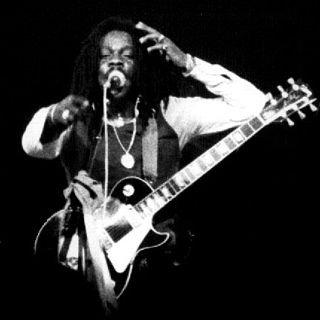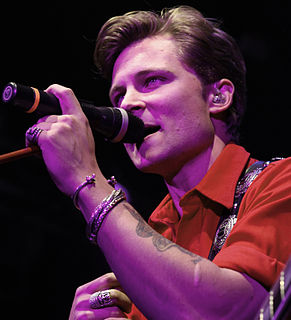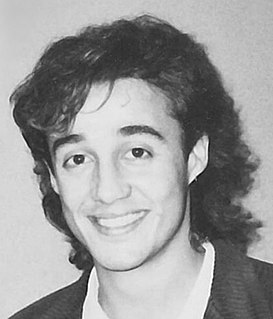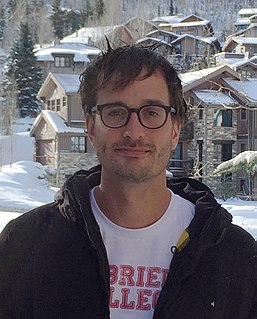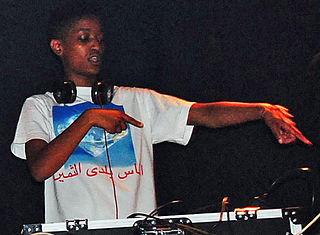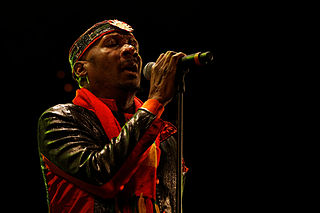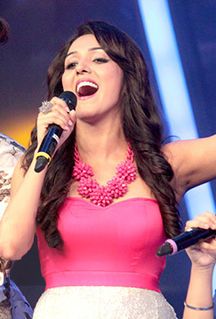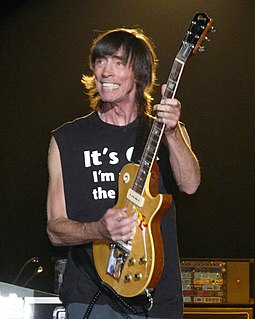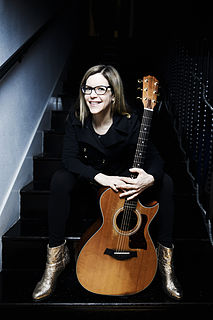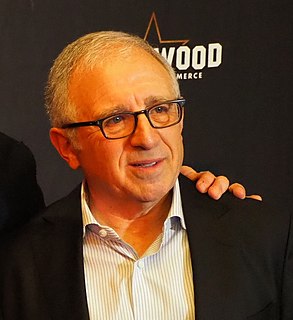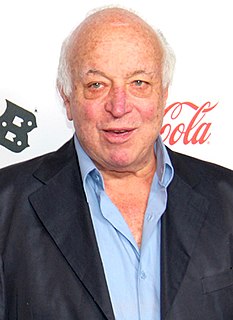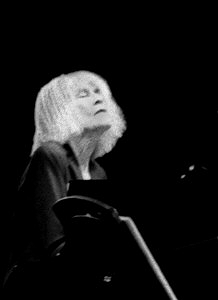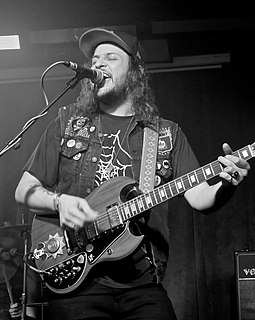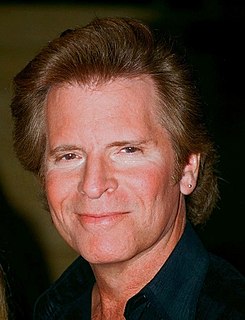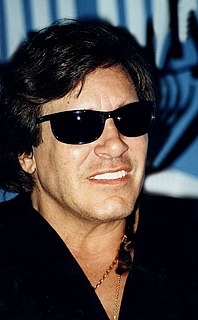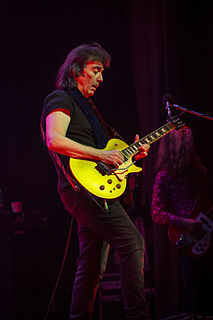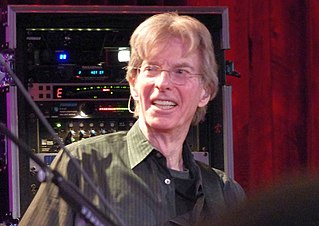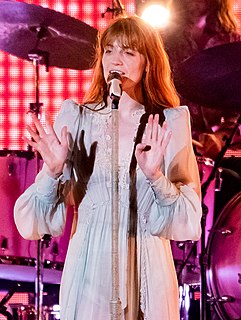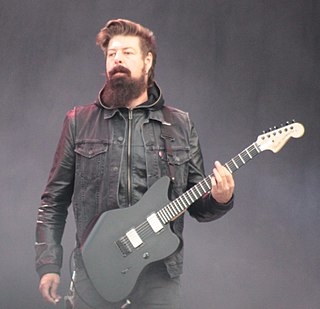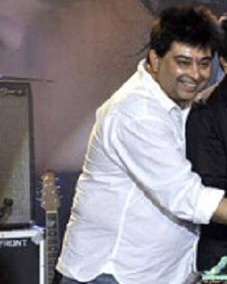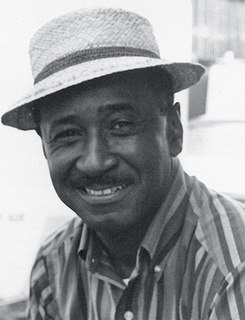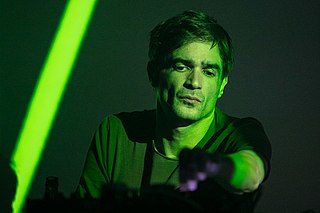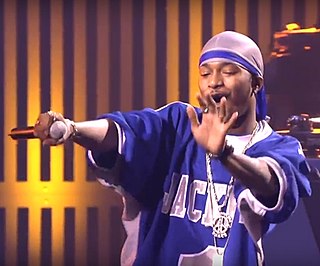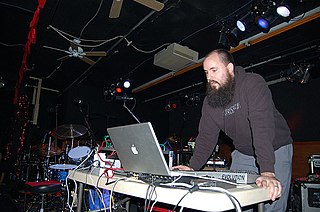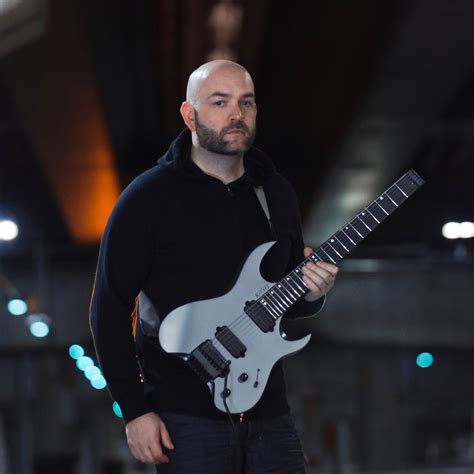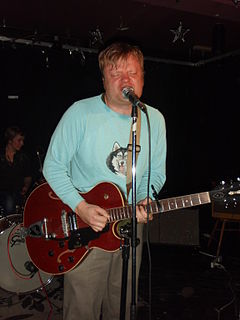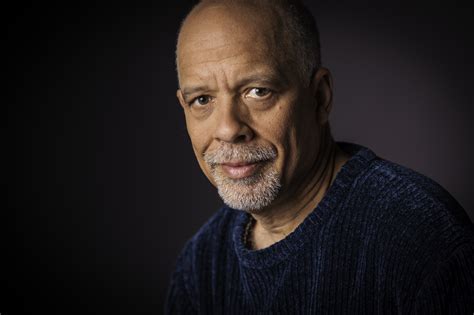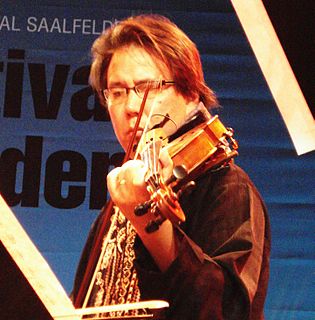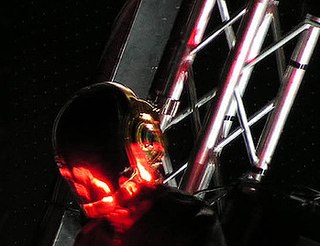Top 1200 Recorded Music Quotes & Sayings
Explore popular Recorded Music quotes.
Last updated on April 14, 2025.
Technology has altered the way music sounds, how it’s composed and how we experience it. It has also flooded the world with music. The world is awash with (mostly) recorded sounds. We used to have to pay for music or make it ourselves; playing, hearing and experiencing it was exceptional, a rare and special experience. Now hearing it is ubiquitous, and silence is the rarity that we pay for and savor.
The choice that I made was from my best music, for the songs that I knew that the public liked. Then, when I recorded my new songs I found that my old material had not faded, it was still current, the music was good and the songs were great. I sat in my house and listened, got the chills, and I thought, how great is that? It hasn't dated, it hasn't gone anywhere, and it's great.
I'm always looking for older equipment and ways of recording, but you can't escape the fact that it's all going to be digitized and reduced. I do think music sounds better when it's on tape and more simply recorded. I've been arguing with people for 10 years about tape versus digital, and I believe tape is absolutely essential in getting the sound that's conducive to the enjoyment of music. I wonder if it's going to go back to that. Sometimes I think it has to. As music becomes more computer-based, it's lost some emotional impact.
Since the traditional recorded-music business models have drastically changed, there is truly diminished income derived from recorded music by artists - both current and catalog. The touring industry has become much more important as a majority revenue stream and the ancillary fan experiences and promotions that may be derived from it.
My father was able to play a number of musical instruments and I fell in love with classical music in my teens and I allowed it to influence me. I like to think I took and still do from classical music and various techniques, I have made classical albums and recorded seven different pieces of Bach on different albums and its all music too me.
People around me are always an inspiration due to their love of the music and they help me to generate ideas for music. But it's really the passion and drive I have for my music that keeps me connected. I recorded my first song in the studio at 8 years old and I've taken it seriously since then. Making music is fun to me so I aim to translate those feelings into the music.
You know that in order to copyright material somebody has to write it down for you. Any piece of recorded material has to be scored in order for it to be copyrighted. I've seen the scores of my things and they don't resemble the music in any way. If you give them to somebody who has never heard the music and say, "What does this sound like to you?" they'll play you something that has no relationship with the music it derives from. Notation simply isn't adequate.
It seems all worlds of music - rock, blues, R&B, soul, hip-hop and others - are able to point to impromptu get-togethers as proud moments in their timelines, encounters that were recorded and created music of lasting impression. In the jazz tradition, there are a few, but none that has been revered for as long as Jazz at Massey Hall.
In a way, all recorded music is reduced to the same level, no matter what it is. You find it in the store, you put it on and, "Oh, that's not cool. That's gangsta rap. That's white supremacist punk." But in a way, the content is removed from the intention of the people that made it. That's the commercial level of music.
Music expresses feeling, that is to say, gives shape and habitation to feeling, not in space but in time. To the extent that music has a history that is more than a history of its formal evolution, our feelings must have a history too. Perhaps certain qualities of feeling that found expression in music can be recorded by being notated on paper, have become so remote that we can no longer inhabit them as feelings, can get a grasp of them only after long training in the history and philosophy of music, the philosophical history of music, the history of music as a history of the feeling soul.
Before I did comedy, I'd freestyle with all of my friends. In high school and into college, I recorded songs with my friends, not to perform but just to play for them. So I've had interest in music for a while. Early on, I'd host a lot of music open nights or hip-hop nights, so a lot of my early experience performing was around music.
